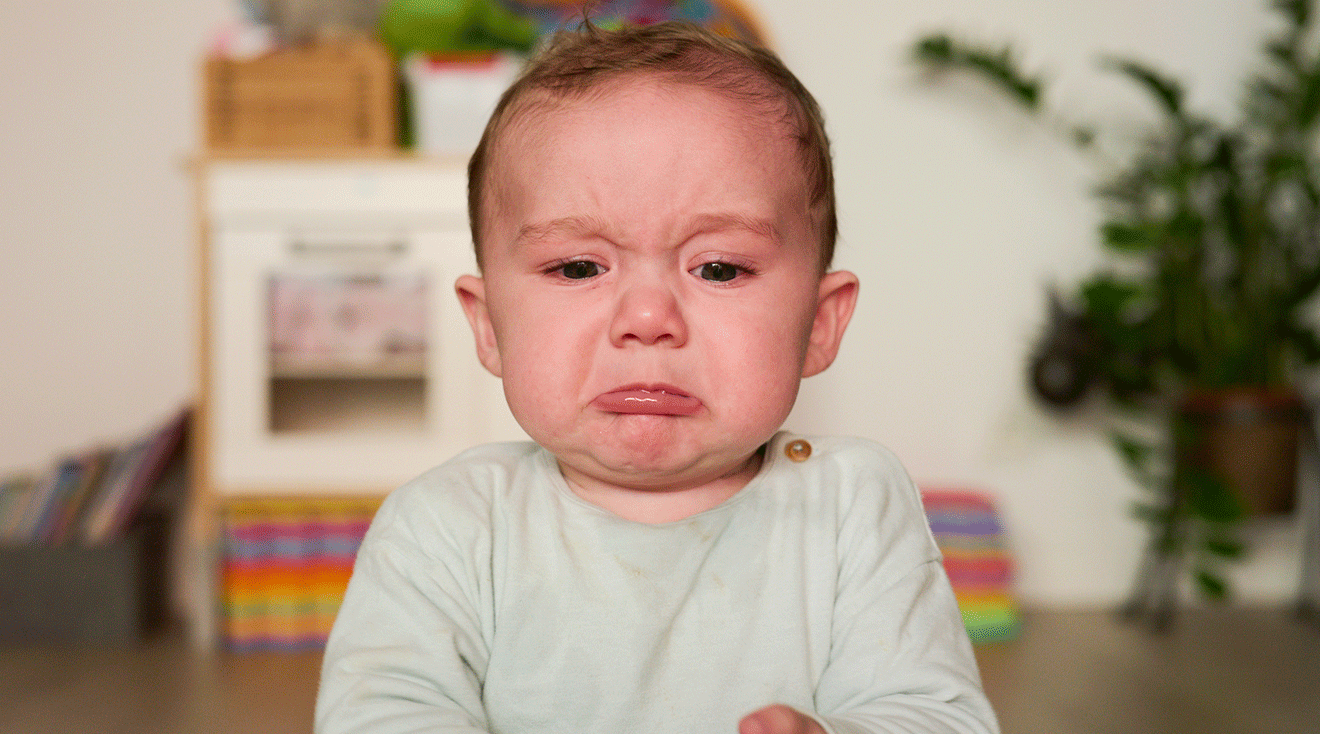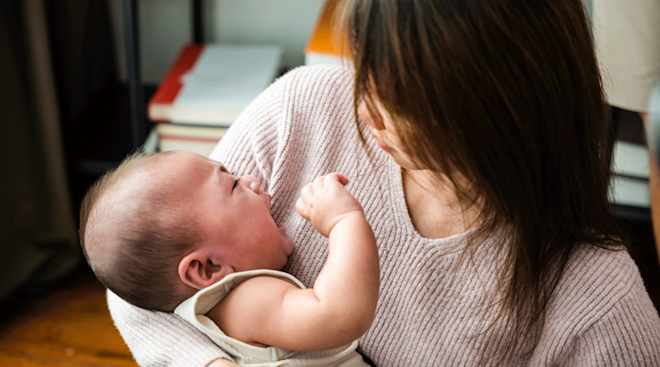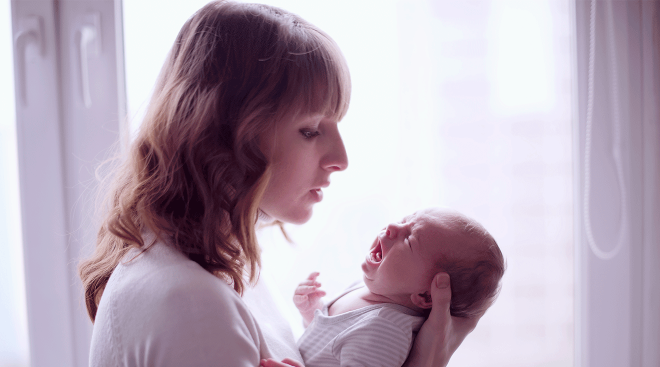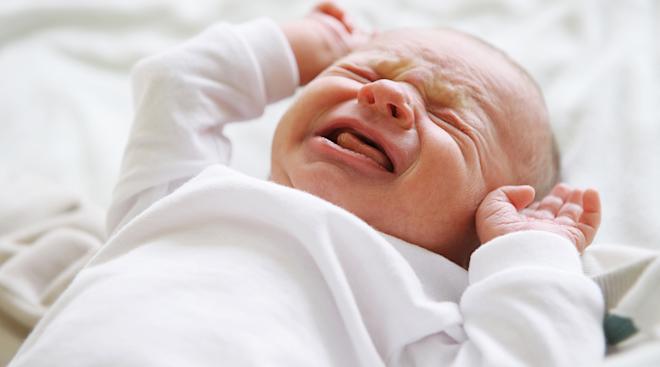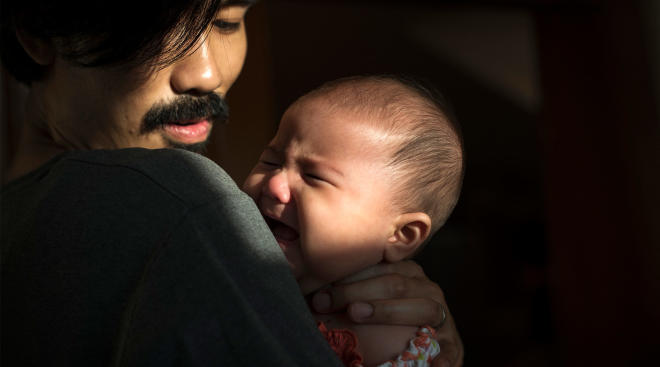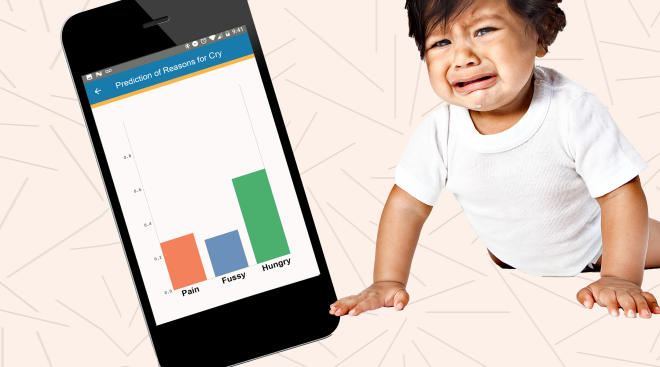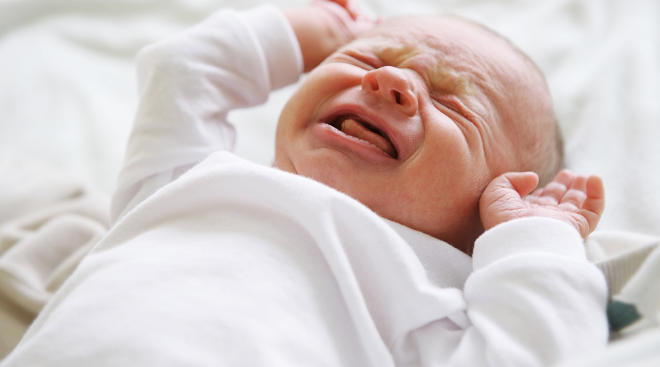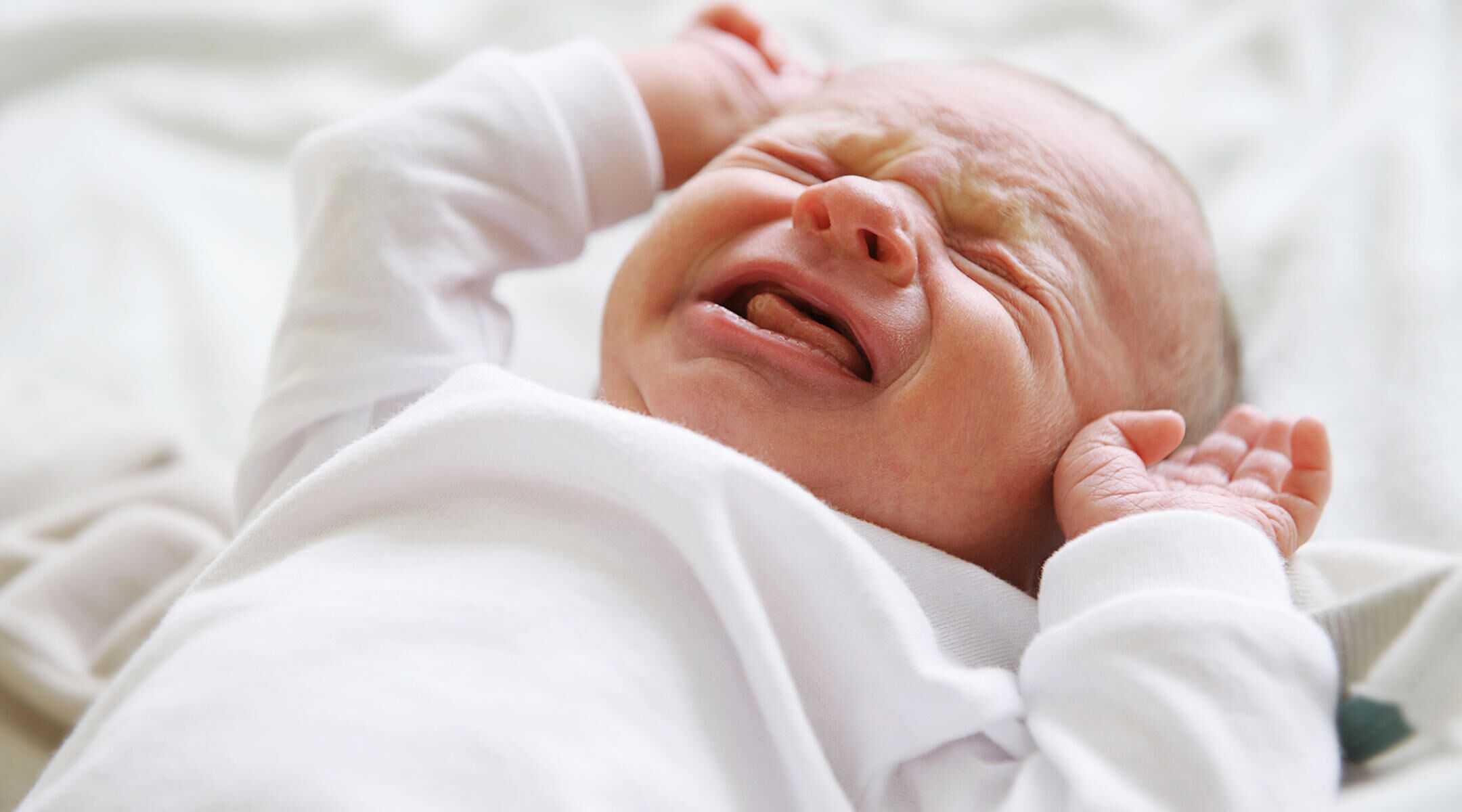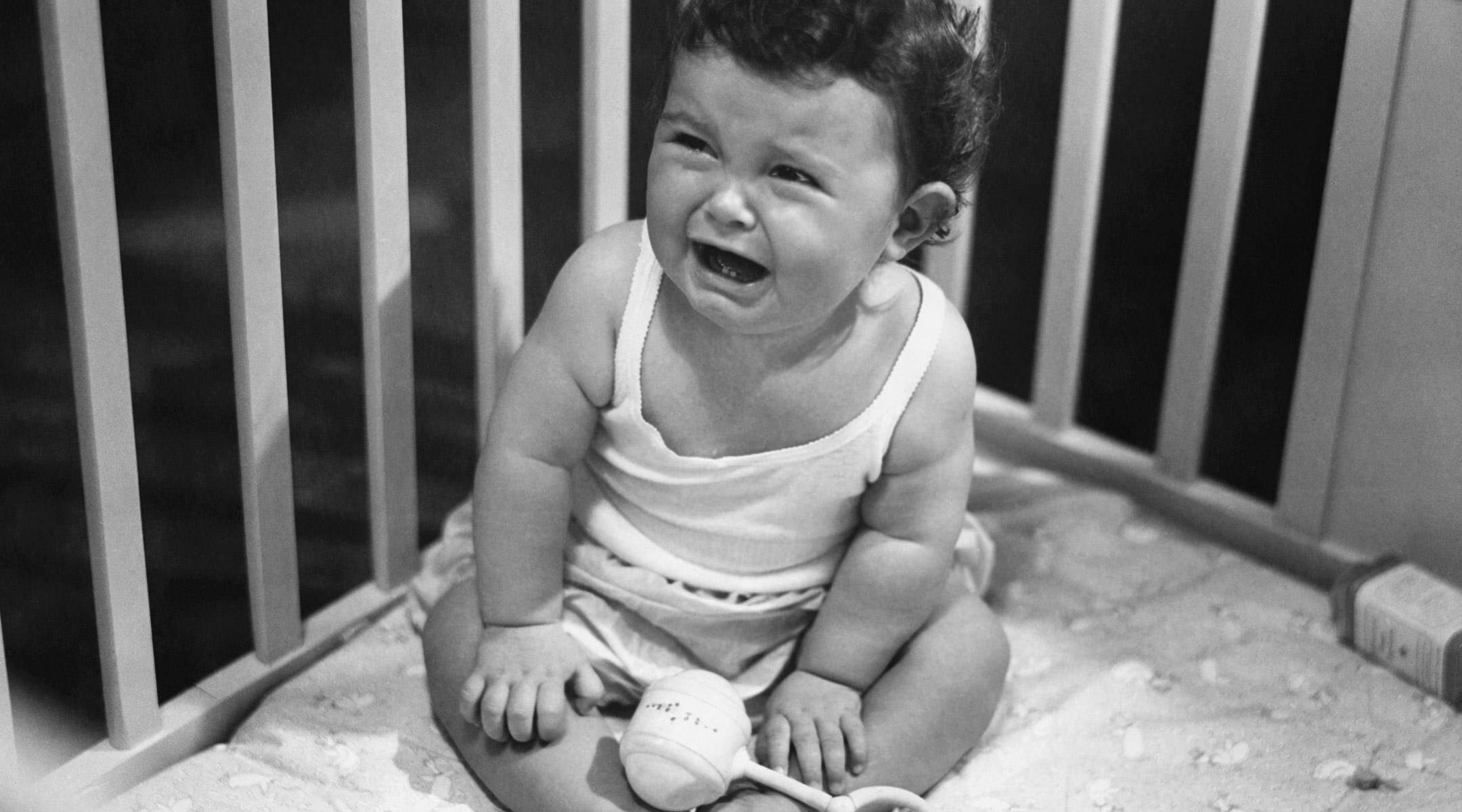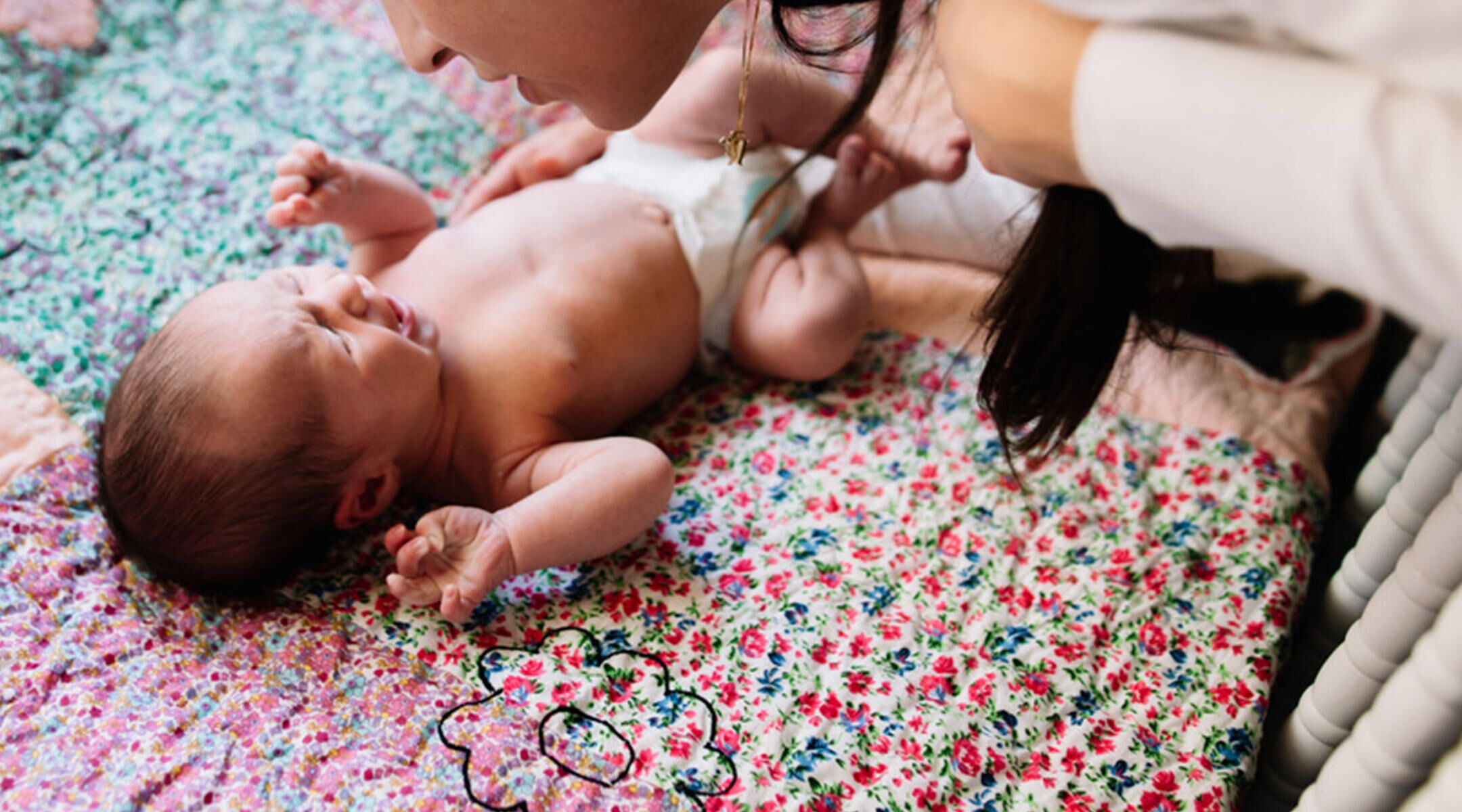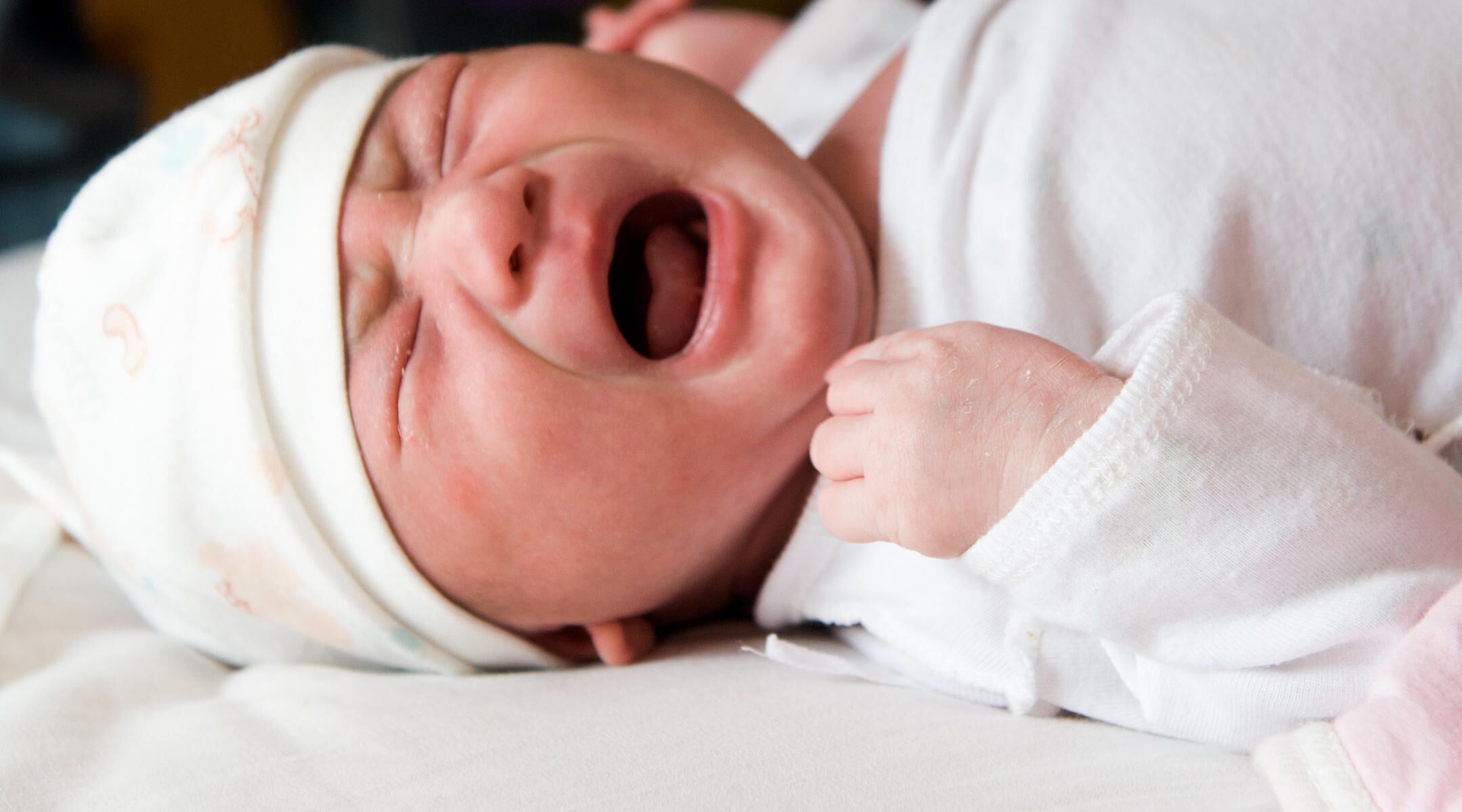When Do Babies Cry Tears?
It’s no secret that newborn babies cry a lot, but do they produce tears when they cry? The answer may surprise you. Newborn tear production is one of those topics parents don’t think about until there’s a problem, and then it’s all they can think about. So exactly when do babies cry tears? Here, we’ll break down what to expect when it comes to baby tear activity, and what to do if things seem amiss.
Surprisingly, it’s not just normal but expected for newborn babies not to cry actual tears. “Tear production increases as babies mature, so you may not see tears right away, especially if a baby was born premature,” explains Jessica Hartson Morse, MD, newborn medicine pediatrician at Children’s Health in Dallas and assistant professor at UT Southwestern Medical Center. She says this is because the lacrimal gland, which produces tears, is not fully mature at birth.
Although babies aren’t typically born crying tears, this phenomenon doesn’t last long. So when do babies start crying tears? “The lacrimal gland increases tear production around 2 weeks of age, but this may not be noticeable for parents. Usually, parents see tears when their baby cries between 1 and 3 months of age,” says Morse. As with all newborn milestones, this estimate can vary depending on whether or not baby was born full-term.
The main cause for a lack of tears in a newborn is their age. If a baby is under 2 or 3 weeks of age, their lacrimal glands aren’t fully mature, so they aren’t yet able to cry tears.
If baby is of tear-producing age and is suddenly making fewer tears than usual (or none at all), the culprit could be dehydration. Other signs include less frequent urination, lethargy and a dry tongue and mouth. If you suspect dehydration, which is rare without a stomach illness, try to keep feeding baby with breast milk or formula and reach out to their pediatrician.
Furthermore, a blocked tear duct can cause unusual tear activity, but not in the way you might expect. Michelle Bennett, MD, FAAP, a board-certified pediatrician at Elliston Pediatrics in New York, breaks it down: “Sometimes babies can have an obstruction of their tear ducts, which—contrary to how it sounds—means that they actually have more discharge from their eyes, rather than less,” she says. “This is because the tear ducts don’t produce the tears; they drain the tears from the eyes.” Lacrimal glands produce tears, and lacrimal ducts (or tear ducts) drain them. So when they can’t drain properly, tears can build up and overflow.
An obstructed tear duct will usually clear up on its own and can be improved at home with the help of tear duct massages. Bennett advises, “For babies who have tear duct obstruction, it can be helpful to massage the tear ducts several times throughout the day to hopefully help clear the obstruction and increase the flow through the ducts. Your pediatrician can demonstrate how to do this.” Tear duct massages should be performed daily until the obstruction is cleared.
Bennett recommends reaching out to a provider if baby isn’t crying tears by 3 months of age. However, this isn’t likely a call you’ll have to make. “It’s extremely rare for babies to have inadequate tear production—I don’t think I’ve seen it in over 20 years of practicing pediatrics. But it can happen very rarely,” she says. “If your pediatrician is concerned, they’ll refer your baby to an ophthalmologist for further evaluation.”
Again, if you suspect your newborn is dehydrated or if you have concerns about a tear duct obstruction, you’ll want to get a pediatrician’s advice. “Occasionally an obstruction can be persistent and may require a consultation with an ophthalmologist to discuss probing the tear ducts to open,” says Bennett.
For now, don’t worry too much if your newborn isn’t soaking their chubby cheeks with wet tears. It’s only a matter of time before those big, fat tears come pouring down.
Please note: The Bump and the materials and information it contains are not intended to, and do not constitute, medical or other health advice or diagnosis and should not be used as such. You should always consult with a qualified physician or health professional about your specific circumstances.
Plus, more from The Bump:
Michelle Bennett, MD, FAAP, is a board-certified pediatrician at Elliston Pediatrics in New York City. She earned her medical degree from University of Kentucky College of Medicine.
Jessica Hartson Morse, MD, is newborn medicine pediatrician at Children’s Health in Dallas and assistant professor at UT Southwestern Medical Center. She earned her medical degree from the University of Texas Health Science Center at Houston.
Learn how we ensure the accuracy of our content through our editorial and medical review process.
Navigate forward to interact with the calendar and select a date. Press the question mark key to get the keyboard shortcuts for changing dates.
































